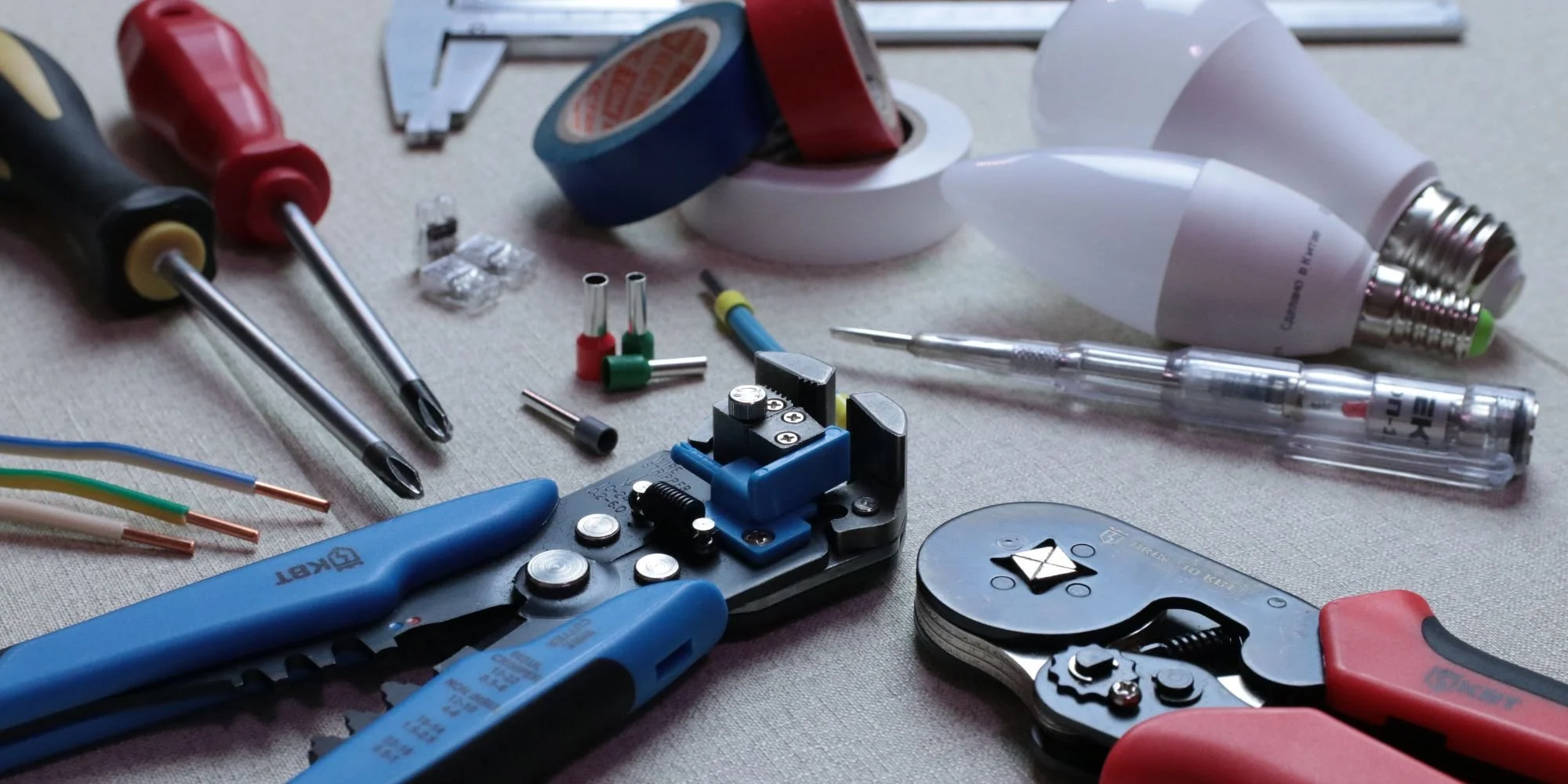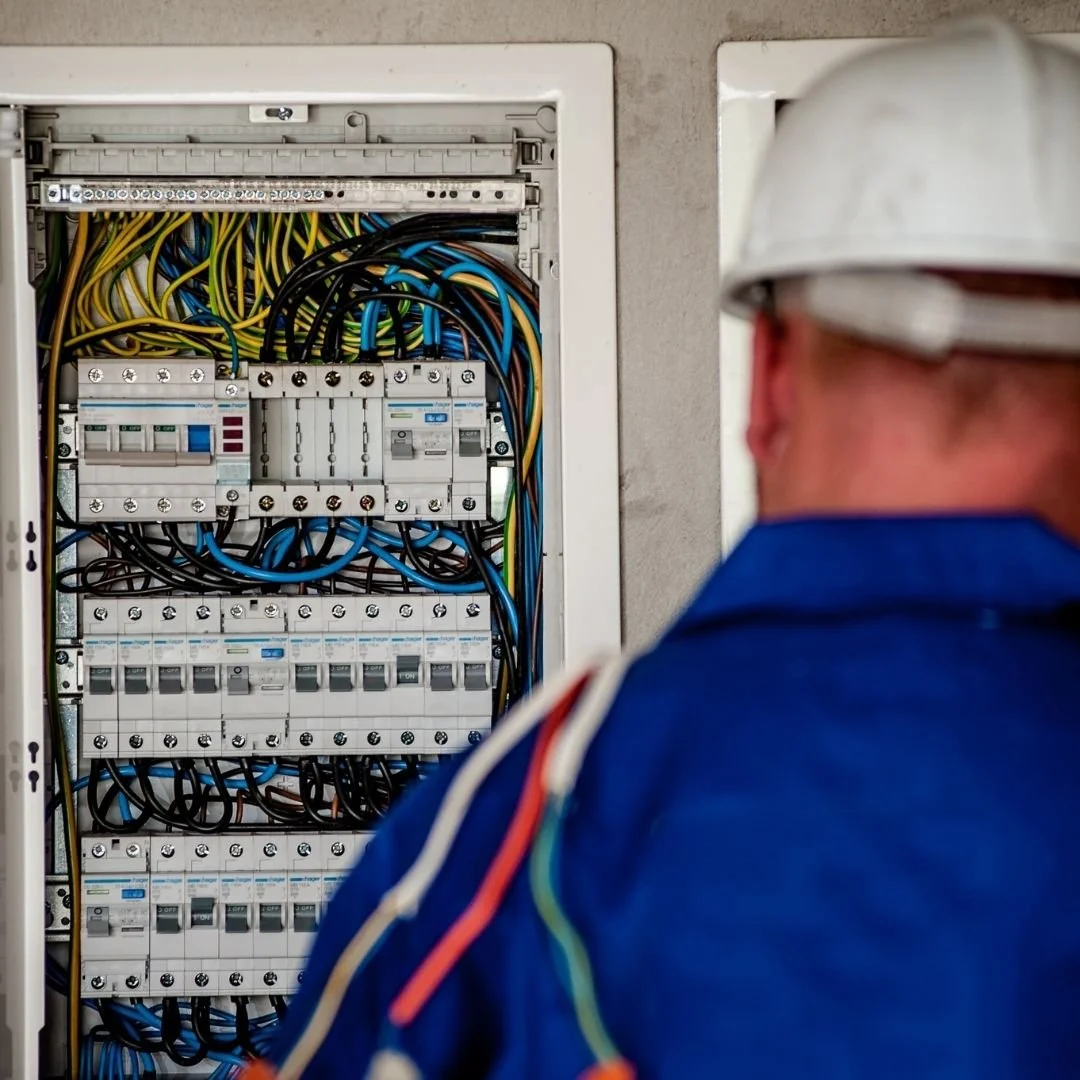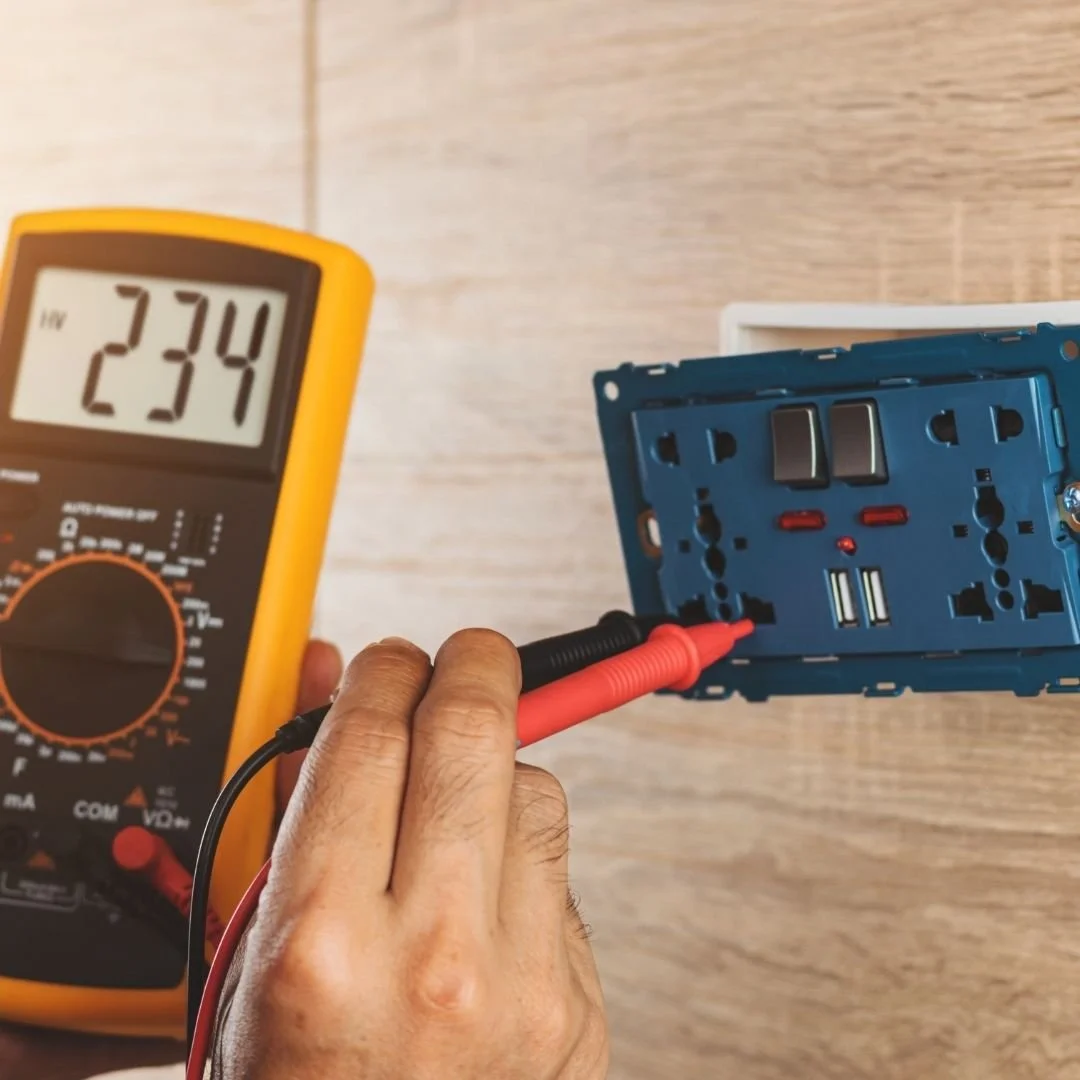How to Extend the Life of Your Home’s Electrical System
The electrical system in your home plays a vital role in keeping your life running smoothly. From powering lights and appliances to ensuring the proper function of heating and cooling systems, electricity is essential in nearly every aspect of your daily routine. However, many homeowners tend to overlook the importance of maintaining their electrical systems until something goes wrong, such as frequent circuit breaker trips or faulty wiring. This oversight can lead to costly repairs, potential safety hazards, and even permanent damage to your home’s electrical infrastructure. Fortunately, there are several steps you can take to extend the life of your electrical system and keep it running efficiently for years to come. Proper care, maintenance, and timely upgrades can prevent common issues and ensure the safety and reliability of your electrical system. In this blog post, we’ll explore key strategies to help homeowners extend the life of their electrical systems, focusing on routine maintenance, safe usage, and proactive upgrades.
Schedule Regular Electrical Inspections
One of the most important steps in maintaining your electrical system is scheduling regular inspections with a licensed electrician. Just as you perform annual maintenance on your HVAC system or plumbing, your electrical system requires professional attention to ensure everything is functioning properly. An electrical inspection typically involves examining the wiring, outlets, circuit breakers, and any other components to identify signs of wear, potential hazards, or areas in need of improvement. By having your electrical system inspected at least once every few years, you can catch issues before they turn into major problems. Early detection of faulty wiring, outdated electrical panels, or overloaded circuits can prevent electrical fires and save you from costly repairs. A qualified electrician will also check for compliance with current safety codes, ensuring your home meets all electrical regulations. During the inspection, an electrician may recommend specific maintenance or upgrades to enhance the lifespan of your system. For example, outdated circuit breakers may need to be replaced, or an overburdened electrical panel may require an upgrade to handle your home’s energy demands. Keeping up with inspections ensures that your system is running optimally and helps prevent unexpected electrical failures.
Use Your Electrical System Safely
How you use your home’s electrical system directly impacts its longevity. Improper usage can strain your electrical components, causing them to wear out prematurely or malfunction. By following proper electrical safety practices, you can significantly extend the life of your system and reduce the risk of damage or danger. One of the most common mistakes homeowners make is overloading outlets or extension cords. Plugging too many devices into one outlet can cause overheating and damage wiring, which increases the likelihood of electrical fires. To avoid this, always distribute electrical devices evenly across outlets, and if you need more outlets, consider having additional ones installed by a professional. Another important safety measure is ensuring that you use appliances that are compatible with your home’s electrical system. For example, certain high-powered appliances may require dedicated circuits to operate safely. If you’re unsure whether an appliance is drawing too much power, it’s always best to consult with an electrician. Additionally, regularly checking your electrical devices for damaged cords or exposed wires can prevent hazards. Replace any damaged cords immediately to avoid electrical shocks, fires, or other serious issues. These simple precautions will keep your electrical system functioning smoothly and safely.
Upgrade to Modern Electrical Components
As your home ages, its electrical system may become outdated. Older systems were not designed to handle the higher electrical demands of modern homes, which can lead to inefficiency, overheating, or even failure. To extend the life of your electrical system and ensure it meets today’s needs, consider upgrading key components such as your electrical panel, outlets, and wiring. Electrical panels, in particular, are prone to wear over time, especially in homes that were built decades ago. Modern panels are designed to handle the higher power loads required by today’s appliances, electronics, and heating or cooling systems. If your electrical panel is old or constantly tripping breakers, it’s a sign that it may need to be replaced with a newer, more efficient model. Additionally, upgrading your outlets to GFCI (Ground Fault Circuit Interrupter) outlets can improve safety and efficiency. GFCI outlets are designed to protect against electrical shocks by quickly shutting off power when a fault is detected. This is especially important in areas like kitchens, bathrooms, and basements, where moisture increases the risk of electrical accidents. Another upgrade worth considering is replacing old wiring with modern, insulated wiring. This helps improve the efficiency of your system and reduces the likelihood of electrical issues. Wiring upgrades are particularly beneficial if you plan to add new appliances or remodel your home, as they ensure your electrical system can support the increased demand.
Take Care of Your Circuit Breaker
Your circuit breaker is the first line of defense in protecting your electrical system from overloads or short circuits. If there’s an issue with the electrical current, the circuit breaker automatically shuts off power to the affected circuit, preventing damage to your wiring or devices. However, to ensure your circuit breaker works effectively, it’s essential to maintain it properly. One of the most common issues with circuit breakers is overloading. If you find that a specific breaker is frequently tripping, it may indicate that the circuit is overloaded with too many devices. To remedy this, redistribute the load across other circuits, or consider having additional circuits installed by an electrician to handle the power demand. Additionally, regular inspection of your circuit breaker can identify any issues with the breaker itself, such as corrosion, wear, or faulty connections. A damaged or malfunctioning breaker should be replaced immediately to maintain the safety and reliability of your electrical system. Always hire a licensed professional to inspect and replace your circuit breaker, as working with electricity can be dangerous.
Extending the life of your home’s electrical system is essential for maintaining safety, efficiency, and reliability. By scheduling regular inspections, using your electrical system properly, upgrading to modern components, and taking care of your circuit breaker, you can prevent costly repairs and ensure that your home’s electrical system continues to perform at its best. Remember, electrical systems are complex and potentially hazardous, so don’t hesitate to call in a professional when you need help. Whether you’re planning an upgrade, noticing signs of wear, or just looking to keep your system running smoothly, an experienced electrician can provide the expertise and service you need to safeguard your home’s electrical infrastructure. By taking a proactive approach to electrical maintenance and safety, you’ll not only extend the life of your system but also improve the overall safety and functionality of your home.





